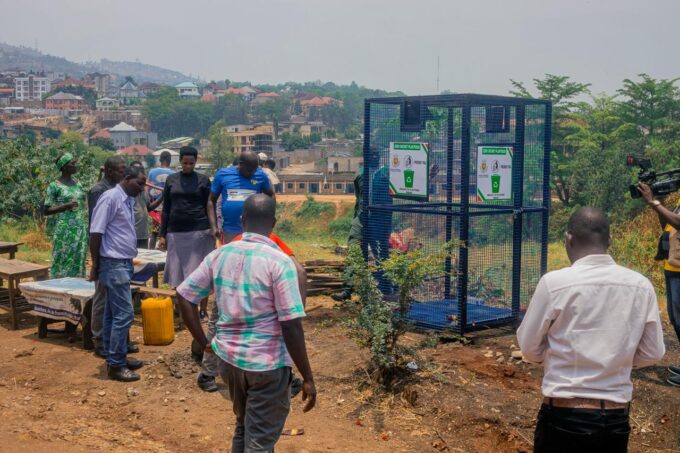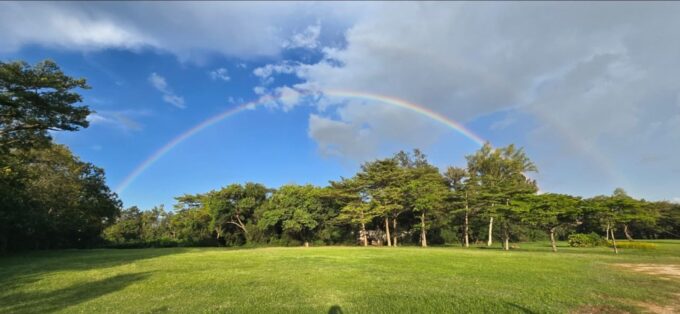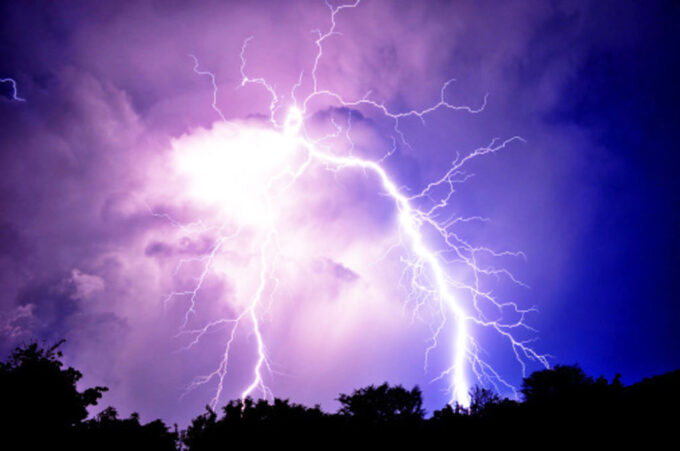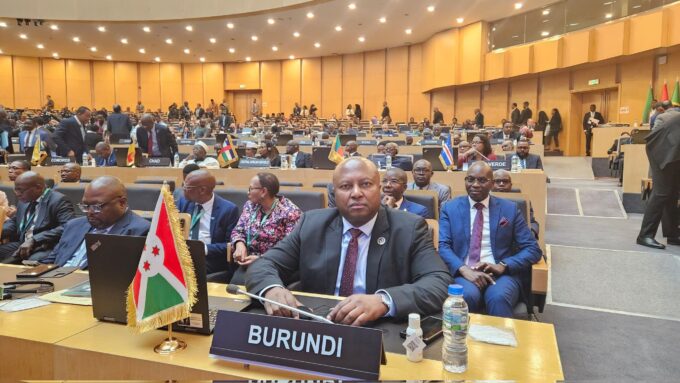A hippopotamus was killed in a road accident late Sunday night in Burundi’s economic capital Bujumbura, highlighting escalating tensions between wildlife and urban expansion. The accident occurred when a Ractis vehicle traveling at high speed toward the airport collided with the animal as it crossed the road from nearby rice fields. The driver sustained serious injuries, and the vehicle was severely damaged.
Eyewitnesses confirmed that the hippo died from internal injuries sustained in the collision. Local authorities, including Bujumbura City Mayor Jimmy Hatungimana, have described the incident as a “huge national loss,” attributing it to the long-standing human encroachment on wildlife habitats.
“In Lake Tanganyika and the Rusizi River, hippos frequently roam in search of grazing areas,” said Mayor Hatungimana. “When their usual grazing grounds are replaced by illegal construction, they’re forced to move further inland—putting both themselves and humans at risk.”
The collision has reignited debates about environmental mismanagement and the government’s failure to curb illegal settlements along the shores of Lake Tanganyika. Experts and politicians have raised alarms over worsening human-wildlife conflict, often leading to deadly encounters.
Pacifique Ininahazwe, Chief Manager of the Rusizi National Reserve, emphasized that hippos need about 50 kilograms of grass daily and often leave the reserve in search of food. The reduction of natural grazing spaces due to illegal construction, brick-making pits, and flooding is believed to be pushing the animals into populated areas.
According to the Burundian Office for Environmental Protection (OBPE), incidents involving hippos have claimed dozens of lives in recent years. Between 2019 and 2021, at least 10 people were killed in Burundi’s southern areas of Rumonge and Nyanza-Lac. In 2023, a man died after being attacked near the Rusizi River, while two others were seriously injured in a boat accident caused by a hippo while fishing in Lake Tanganyika. In 2024 alone, hippo-related incidents in the flood-stricken Gatumba area reportedly claimed the lives of at least six people, mostly fishermen.
Environmental experts have blamed the growing crisis on unregulated construction and a lack of enforcement. “People made a mistake by settling in areas that were meant for wildlife,” said Gaspard Ntakimazi, a professor specializing in aquatic ecosystems. “Hippos feel unsafe when they encounter people, and that’s when they act in self-defense.”
Mayor Hatungimana has proposed the installation of secure fencing around the Rusizi Reserve to help contain the hippo population and prevent further incidents. However, he acknowledged the challenge of removing homes built illegally within 250 meters of the lake.
Emile Yamuremye, Director of OBPE, confirmed that two fishermen were recently injured by hippos in southern Bujumbura. He stressed the need to create buffer zones to protect both humans and wildlife. “We want to establish areas where grass can grow again, giving hippos a safe habitat and reducing the risk of conflict,” he said.
The incident has also triggered political reactions. The opposition party APDR has described the government’s handling of the situation as a failure of leadership. In a statement on social media, the party criticized plans to prosecute the driver involved in the accident, calling it “nonsense” and a result of “poor environmental governance.” They demanded the demolition of all illegal structures and stronger protection for wildlife reserves like the Rukoko Forest, which they claim is turning into a desert.
Burundi is a signatory to several international environmental agreements, including the Ramsar Convention and the Convention on Biological Diversity (CBD), obligating it to protect wetlands and the biodiversity within them. Article 140 of the national Environmental Code mandates land-use planning and the protection of aquatic ecosystems, but implementation remains weak.
Following Sunday’s accident, the dead hippo was butchered, with meat reportedly sold at 25,000 Burundian Francs per kilogram. Local officials say proceeds from the sale were intended for public funds.








Leave a comment